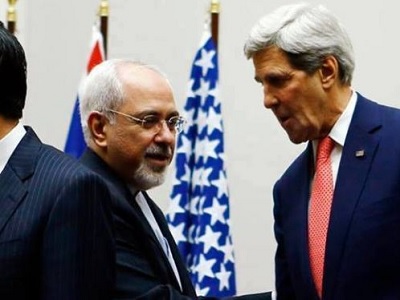
By Ron Forthofer
The U.S. has often resorted to military means as a way of settling disputes with far weaker nations during the last fifty years. Frequently these attacks have been unwarranted as well as violations of international law. U.S. attacks on Vietnam, Grenada, Panama, Serbia and Iraq (2003) are a few examples of these illegal conflicts.
We are currently fighting in Afghanistan and illegally using drones to kill in Yemen, Somalia and Pakistan. After long years of fighting and losing wars in Vietnam, Iraq and Afghanistan, the U.S. public is fed up with senseless conflicts. This point was made clear recently by the huge public outcry against illegally bombing Syria.
Besides the millions it killed and the incredible destruction it wreaked on far weaker nations, the U.S. has incurred costs as well. Tens of thousands of U.S, soldiers were killed and hundreds of thousands more were wounded. The families of these physically and/or mentally/emotionally wounded veterans also continue to pay an enormous and incalculable price. These unnecessary campaigns cost trillions of dollars, money that could have been far better used domestically to improve the real security of our people. The bottom line is that these wars have been counterproductive, increasing the hatred towards the U.S. and decreasing ours and the world’s security.
Thus it is not surprising at all that there was tremendous public relief here at home and worldwide about the interim agreement negotiated in Geneva and signed on November 24th between Iran and the P5+1 nations (the five permanent members of the UN Security Council plus Germany). This agreement essentially calls for a short-term freeze on some of Iran’s nuclear enrichment programs in exchange for some very limited relief from economic sanctions, including allowing Iran access to a pittance of its own money held in other countries. The goal is a permanent agreement that will greatly reduce the threat to world peace.
Despite widespread relief and praise for the deal, unsurprisingly, there are some hardliners in Iran, the U.S. and Israel who expressed opposition. Israeli Prime Minister Netanyahu was particularly vociferous in his condemnation of the deal, and Israeli officials did not rule out an illegal Israeli attack on Iran during the next six months. Interestingly, Israeli President Peres had a somewhat different reaction. According to a CNN article, Peres said: “This is an interim deal. The success or failure of the deal will be judged by results, not by words.”
Netanyahu and his U.S. Congressional supporters continue to hammer on the disputed idea of an existential threat to Israel of an Iranian nuclear weapon. They somehow manage to ignore assessments by U.S., Israeli and British intelligence agencies that Iran currently does not have a nuclear weapons program. This has been the conclusion of the U.S. National Intelligence Estimate since 2007 and was reiterated in testimony to Congress in 2011 and 2012. The Estimate said that Iran stopped it nuclear weapons program in 2003.
The assessment added that Iran has the capacity to produce a nuclear weapon eventually, making the central issue the political will to do so. Regarding the political will, the Iranian Supreme Leader Ayatollah Ali Khamenei has issued a fatwa saying the production, stockpiling and use of nuclear weapons was forbidden under Islam.
Numerous U.S. and Israeli military and political leaders think that a military attack on Iran would be unsuccessful and would drive Iran to build nuclear weapons to defend itself. The Friends Committee on National Legislation has compiled many quotes on this point and the insanity of an attack.
One quote from the above site by Meir Dagan, former head of Israel’s Mossad, captures the sense of these officials. In a 2011 article he said: “[Attacking Iran is] ‘the stupidest thing I have ever heard…It will be followed by a war with Iran. It is the kind of thing where we know how it starts, but not how it will end.”
If we want to stop another insane, counterproductive, illegal, unwarranted and costly conflict, tell Congress that it must not enact more sanctions on Iran, sanctions that would suggest the U.S. is not negotiating in good faith. Supporting Netanyahu harms U.S. interests.
– Ron Forthofer, Ph.D., is a retired professor of biostatistics. He contributed this article to PalestineChronicle.com.




